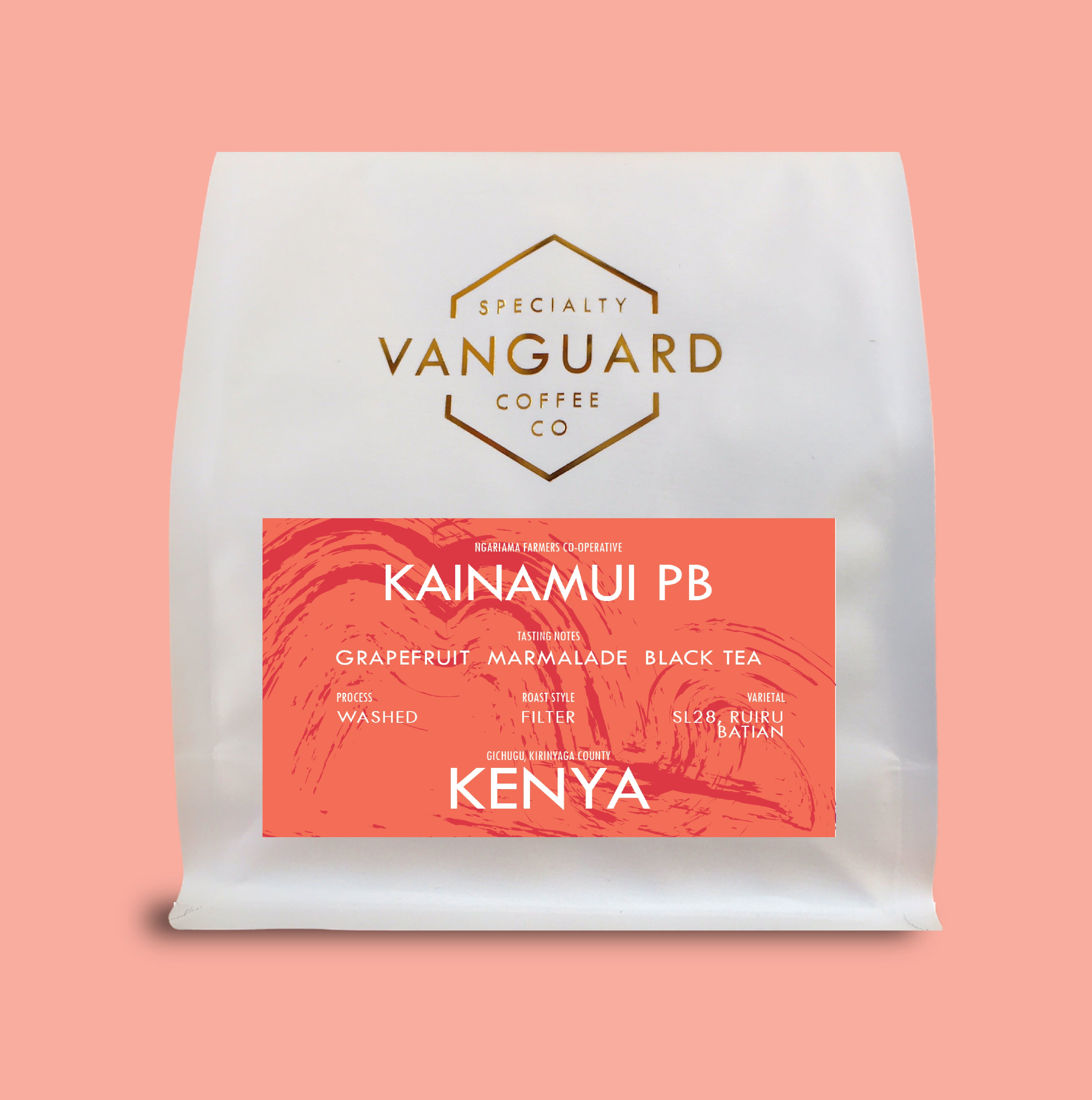
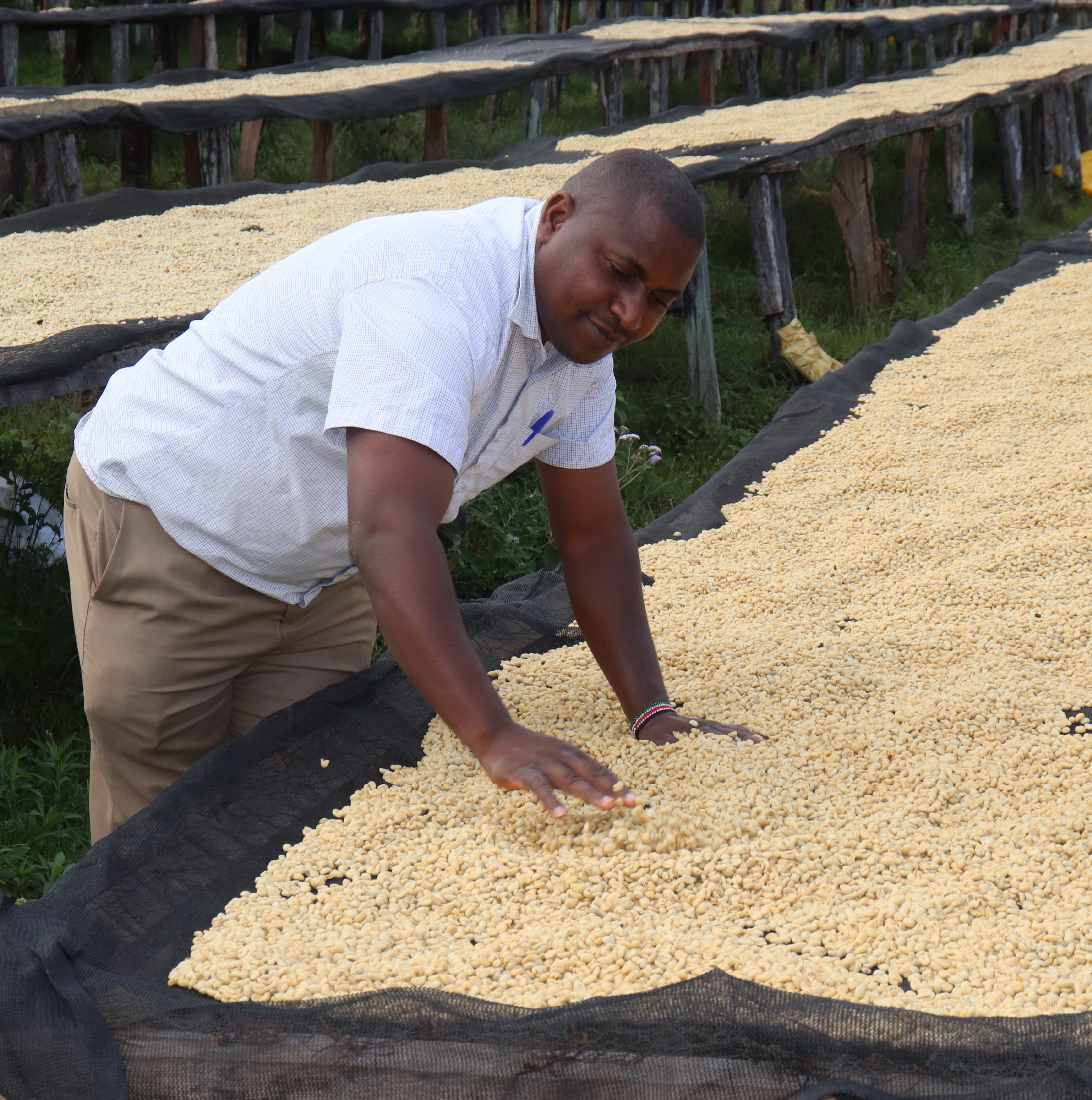
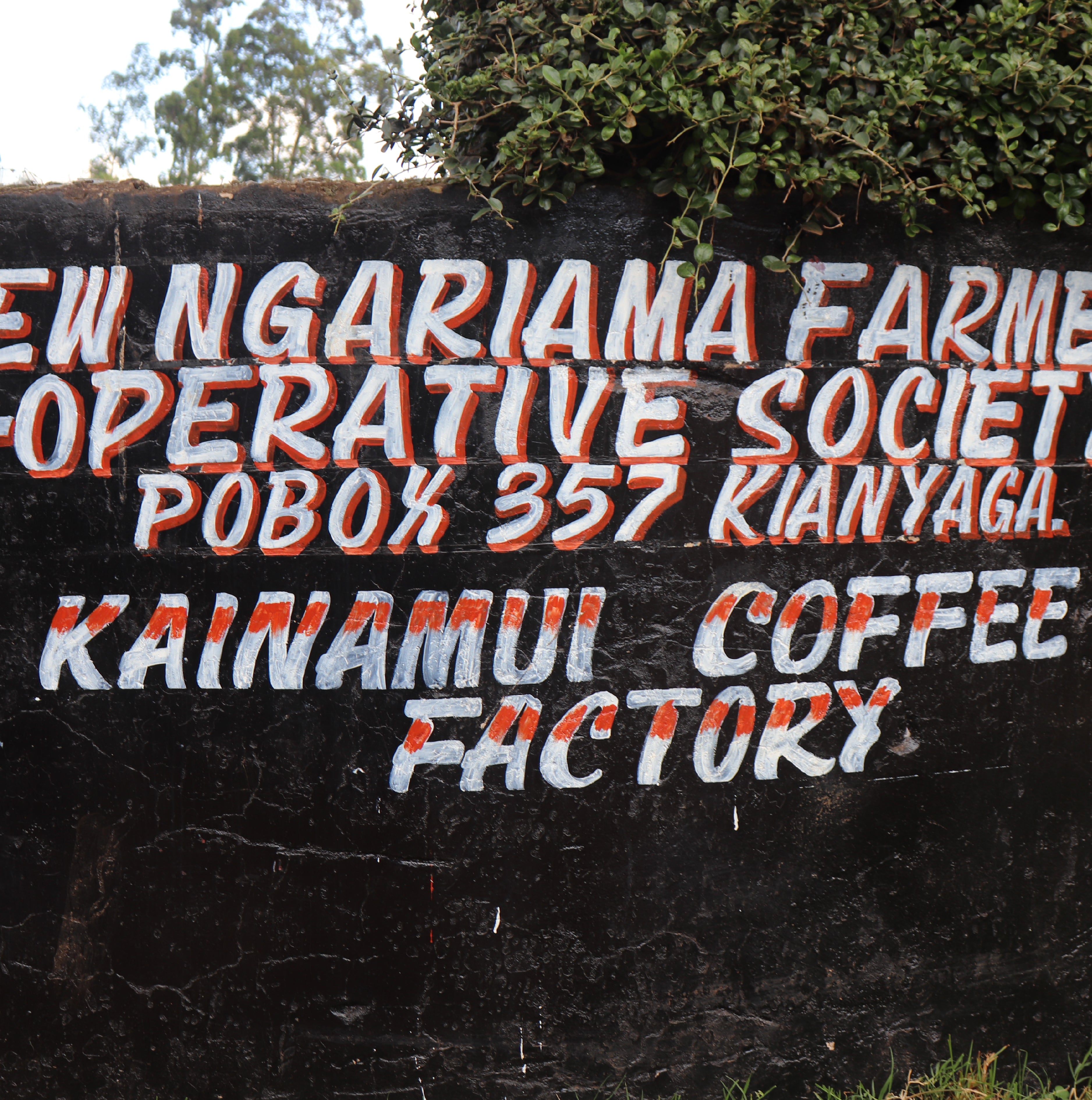
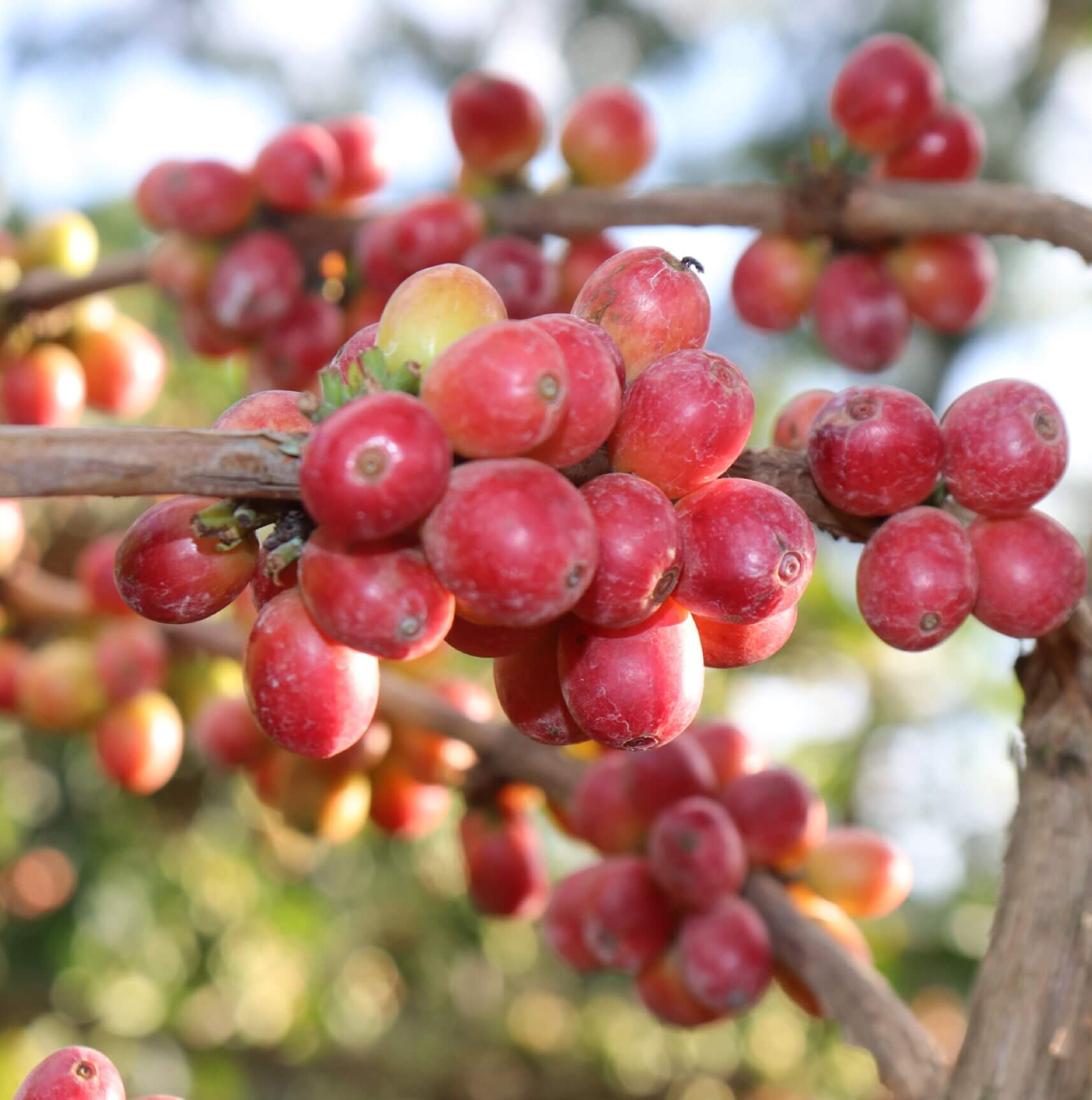
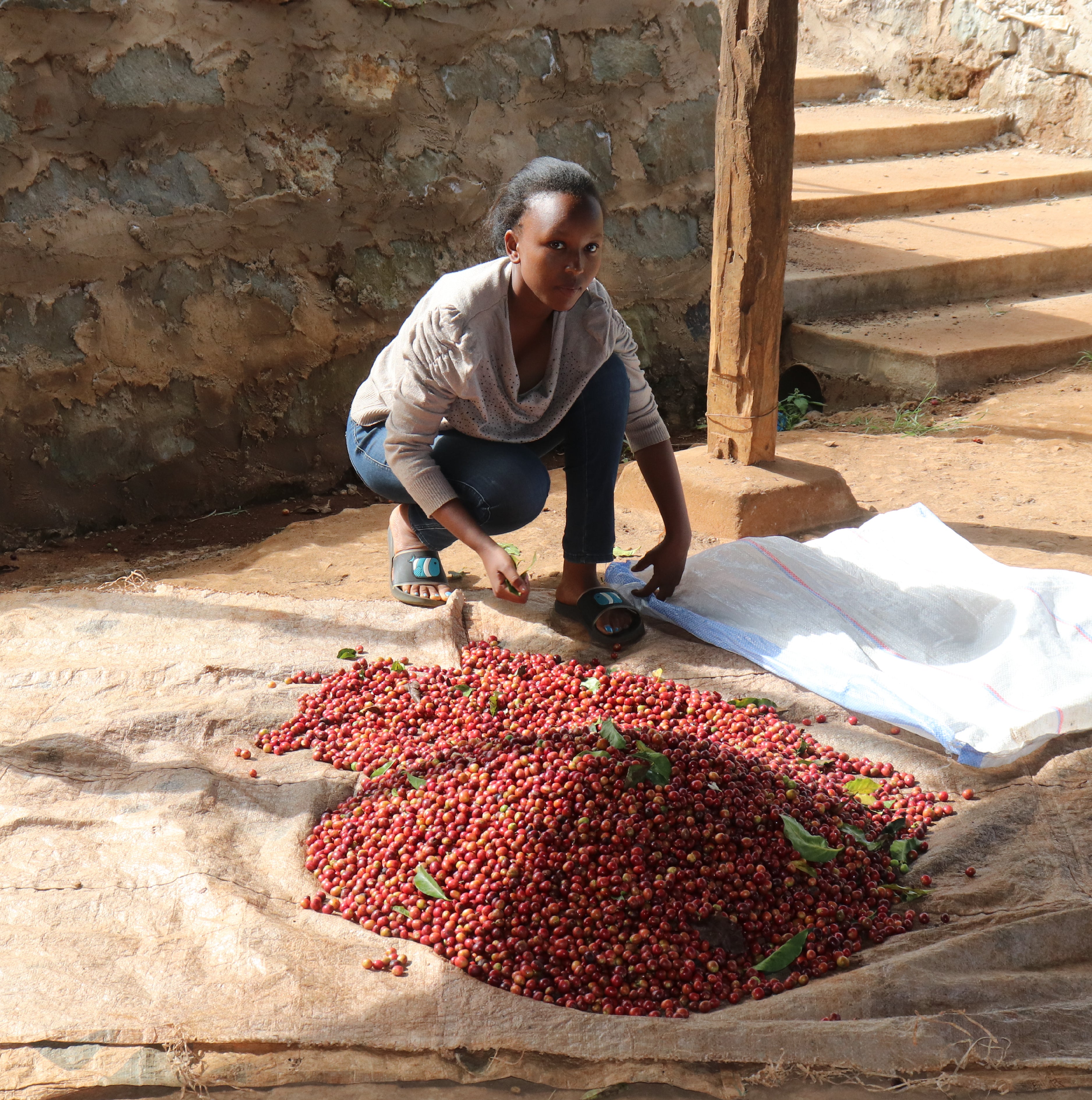
Kenya Kainamui Peaberry- Filter Roast
TASTING NOTES
Grapefruit
Marmalade
Black Tea
Brown Sugar
Roasters Notes:
Normally we find the AA graded Kenyas to be our favourites, but this Peaberry (PB) was pretty special. Normally two beans form inside the coffee cherry, but in the case of the Peaberry; just one and they might look strange to you.
Balanced, vibrant acidity with the classic notes of currants and citrus, with a brown sugary sweetness. The roast style is light and expressive, to showcase the fruit notes, clarity and brightness.
